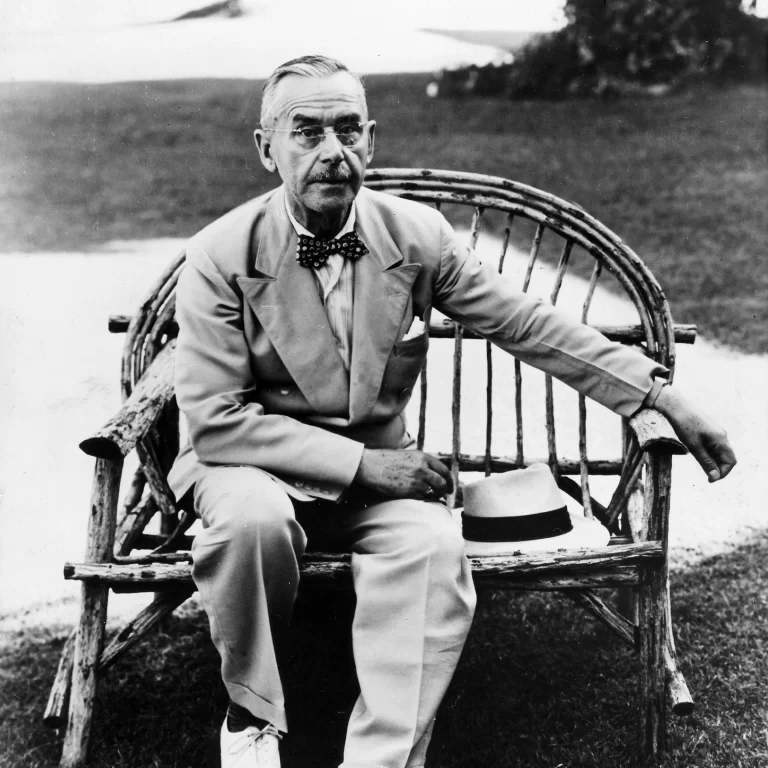
Down the Mountain
A rereading of Mann’s The Magic Mountain leads George Packer to a conclusion that seems to me exact: ‘In driving our democracy into hatred, chaos, and violence we […] grant death dominion over our thoughts. We succumb to the impulse to escape our humanness. That urge, ubiquitous today, thrives in the utopian schemes of technologists who want to upload our minds into computers; in the pessimism of radical environmentalists who want us to disappear from the Earth in order to save it; in the longing of apocalyptic believers for godly retribution and cleansing; in the daily sense of inadequacy, of shame and sin, that makes us disappear into our devices. The need for political reconstruction, in this country and around the world, is as obvious as it was in Thomas Mann’s time. But Mann also knew that, to withstand our attraction to death, a decent society has to be built on a foundation deeper than politics: the belief that, somewhere between matter and divinity, we human beings, made of water, protein, and love, share a common destiny.’
